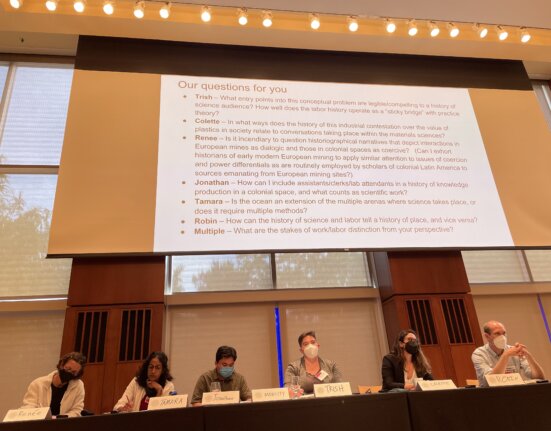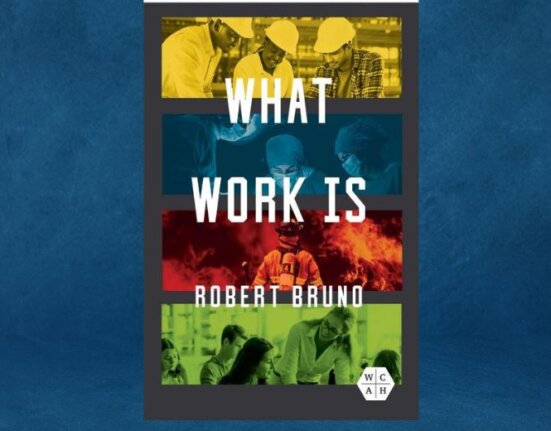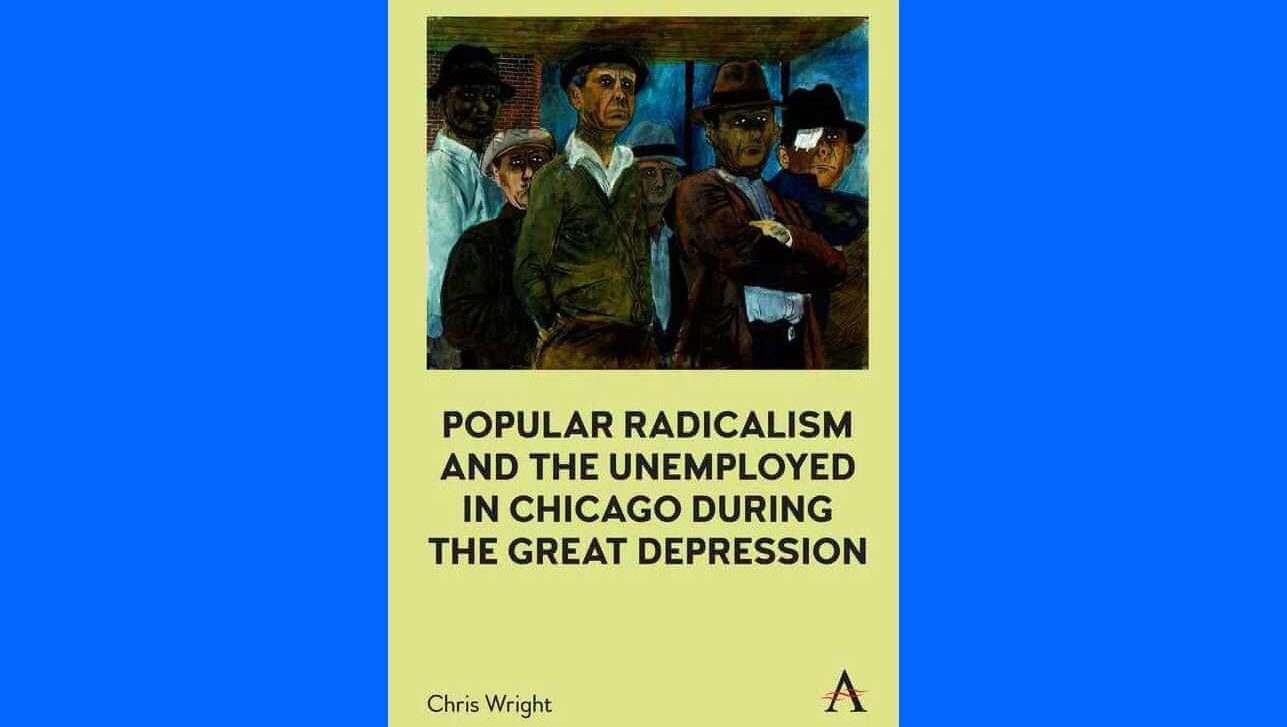Thomas Edsall’s recent New York Times op-ed on the failure of Democrats to engage as effectively as Republicans in state-level politics parenthetically surfaces a deeper historical debate that is ripe for revisiting: Why have postwar liberals been so ineffective in sustaining economic and political achievements?
Edsall’s piece journalistically reprises an article in Democracy by Alexander Hertel-Fernandez and Theda Skopol, “How the Right Trounced Liberals in the States.” All three authors detail the decades-long focus of conservative-backed organizations to elect Republican state lawmakers and enact state laws in line with an agenda that prioritizes business interests over that of workers, consumers and the environment. Despite initial setbacks and years which saw little or no progress, organizations like the American Legislative Exchange Council (ALEC) doggedly pursued their goals, testing and re-testing strategies, re-grouping after failures, and pivoting to adapt to shifting political environments.

In contrast, similar efforts by Democrats have resulted in a line of short-lived organizations, leaving in their wake a jumbled alphabet of abandoned efforts—CASLP, CPA and PSN—with the result that there are now Republican majorities in 70 percent—68 of 98—of the nation’s partisan state houses and senates, the highest number in the GOP history. Seven years ago, Democrats controlled both legislative chambers in 27 states, nearly double the 14 controlled by Republicans. State legislation in recent years that has rolled back voting rights, eliminated public employee bargaining, established “right-to-work” and excised many more liberal achievements is a daunting list.
Hertel-Fernandez and Skopol offer a telling example. While conservatives have battled the Affordable Care Act of 2010 in state after state, “the broad cross-state Health Care for America Now coalition stood down in favor of more limited campaigns to sign people up for benefits and advocate for health-care consumers.” In fact, the authors note, “the left in general has not recognized that pressing for full health reform implementation in all states presents a huge political opportunity to strengthen citizen faith in government and to further economic and racial equality.”
Mid-century housing expert Catherine Bauer would find this a familiar scenario. Following passage of the 1949 Housing Act, Bauer lamented that a lack of interest by local housing groups to press for more affordable housing was behind the stagnation of the federal housing acts. At the same time, the real estate industry’s aggressive opposition to affordable housing had a chilling effect on liberal support of the program.
As Bauer wrote in the May 1957 issue of Architectural Forum:
“Everybody tends to sit tight, clinging to the beleaguered formula, instead of trying to improve it in the light of experience and public attitudes. Sporadic efforts to broaden or modify the program have usually met with as much opposition from professional public housers [as] from opponents of public housing.”
As pundits and progressives increasingly muse about the factors behind the nation’s ongoing retrenchment from laws, policies and programs that bolster middle- and low-income families and ensure justice at the ballot box, labor historians have an opportunity to examine anew liberals’ role on the road from the Housing Act to the Affordable Care Act and provide the deeper analysis missing from the dialogue.
Quoting Rob Stein, a founder of the Democracy Alliance, Edsall’s article offers a tantalizing question:
“How does a communitarian world view lose its communitarian sense of self?”
Edsall’s answer (in part), one explored at length by historians of postwar America, is ripe for reconsideration:
“Economic liberalism—despite progress on the minimum wage ¬has lost salience.”






